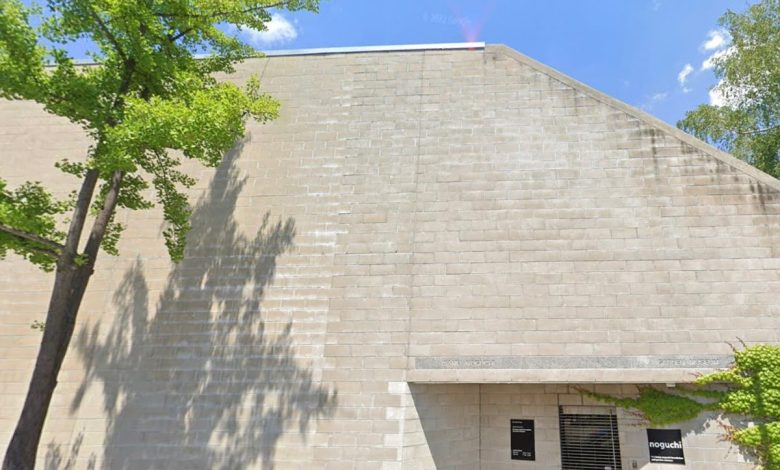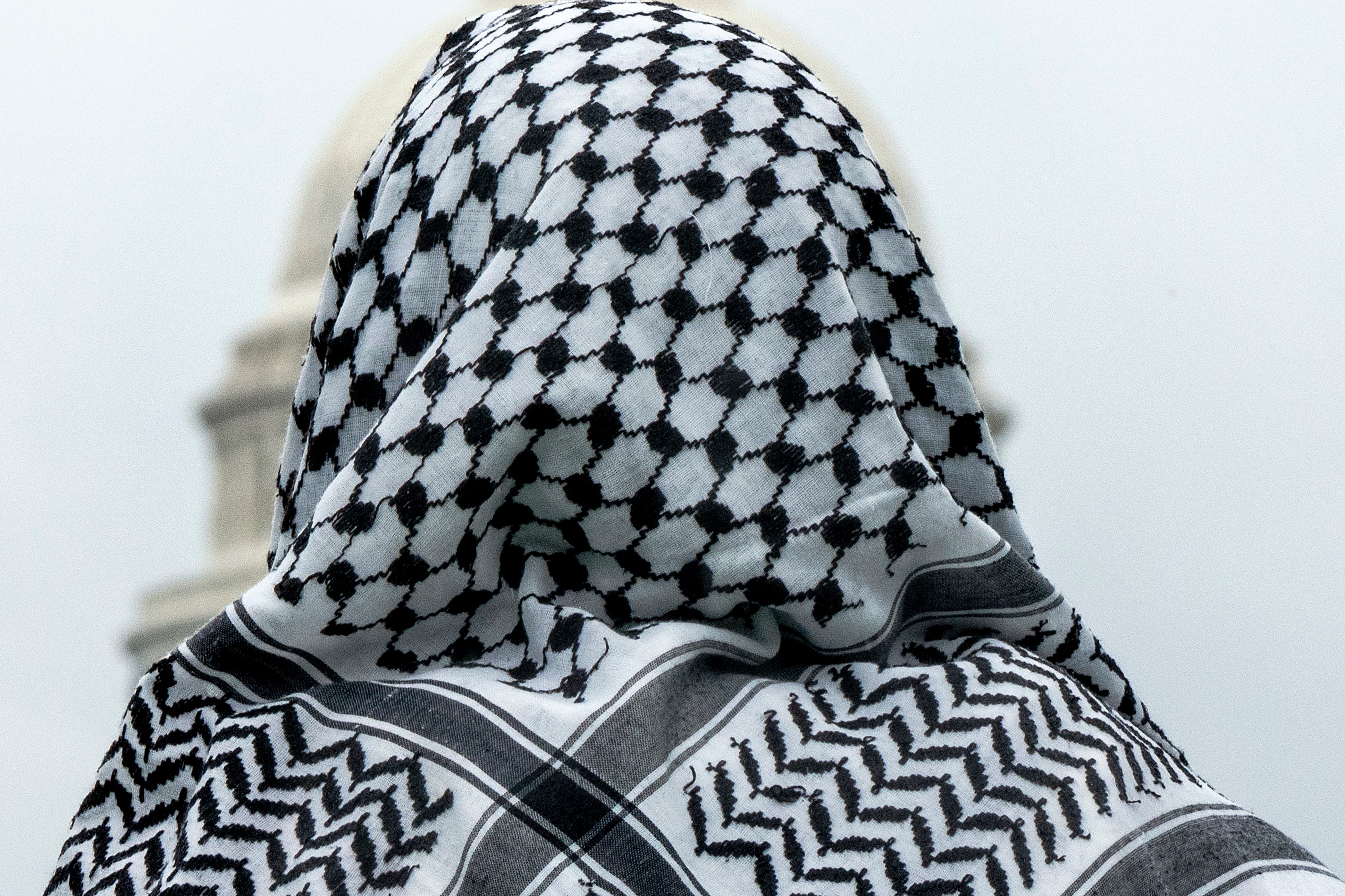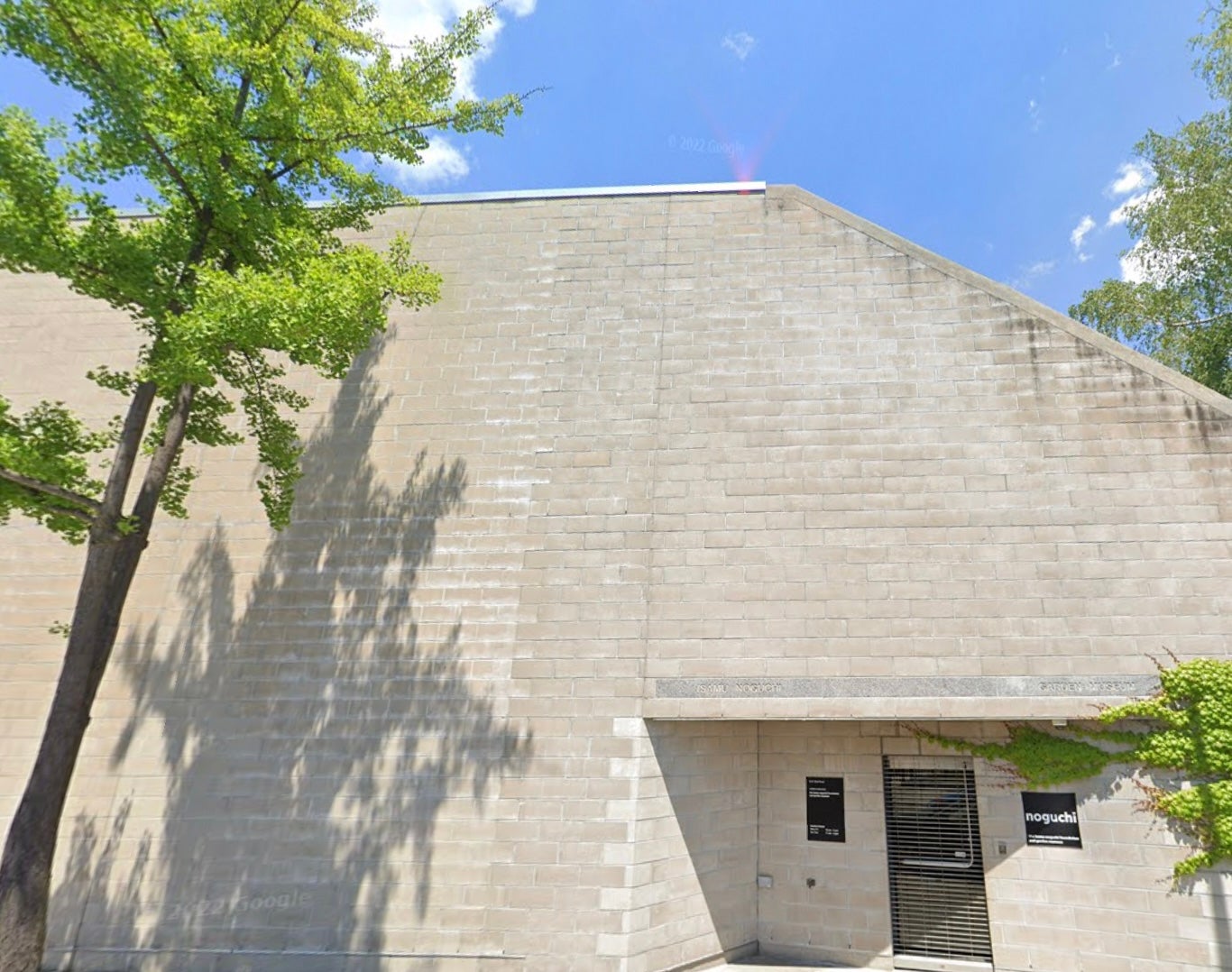NYC museum employees decry keffiyeh ban

A New York City museum has been slammed by its staff for banning employees from wearing the keffiyeh, a Palestinian headscarf.
The ban came to light when a gallery attendant at the Noguchi Museum in Queens was reportedly pulled into a meeting with the Museum’s Director, Amy Hau, and Lizan Highland, its director of people and culture. The employee was notified that they would no longer be allowed to wear the keffiyeh at work, employees alleged in an Instagram post.
Hau then reportedly told the employee that failure to comply with the new policy would result in being sent home, in addition to other potential disciplinary action. The attendant chose against removing the scarf and was sent home as a result. Employees said the attendant was the only person pulled into such a meeting despite other employees having worn the headscarf regularly.
On August 21, the museum moved to officially ban the keffiyeh. Museum leadership announced that it would be enforcing the decision “To maintain a neutral and professional environment” that would prohibit staff members from “wearing clothing or accessories that display political messages, slogans or symbols,” an email shared with The Independent stated.
In an emailed statement to The Independent, a spokesperson for the museum said: “We recognize that we are living in complex and challenging times, where personal expression and public discourse often intersect in unexpected ways.
“Recently, concerns were raised about a staff member wearing a keffiyeh while at work at the museum. While we understand that the intention behind wearing this garment was to express personal views, we recognize that such expressions can unintentionally alienate segments of our diverse visitorship.”
The statement continued: “However, within the museum, our responsibility is to foster a safe, inclusive, and welcoming environment for all staff and visitors. To maintain this environment, we have made the decision to remove political statements from our workplace.”

Clothing that promoted political parties, candidates, or ideological movements would not be permitted, museum leadership wrote.
The museum simultaneously barred political speech or display of ideological symbols to “ensure that the museum remains a space where all visitors and staff can feel welcome.”
Employees have called the ban “racist” and have drafted a petition signed by 54 out of 72 employees.
Staff members are asking that the museum erase the policy and not discipline employees who choose to wear keffiyehs, a traditional Arab headdress synonymous with Palestinian culture.

On the day the ban was put into place, 15 staff members, including nine part-time front-facing staff, one full-time staff member, three warehouse staff members and two archives staff members refused to go to work.
The following day, three front-facing staff came to work wearing the keffiyeh and were sent home by the museum’s director by 12.30pm. Five other staff members left the museum that day in solidarity.
Employees say the museum’s new policy doesn’t honor its namesake, Isamu Noguchi, a sculptor of Japanese heritage who spent six months in a Japanese internment camp in the 1940s.
“As staff members, we are dedicated to protecting and fostering the work and legacy of Isamu Noguchi — a man who understood intimately the injustice of targeted discrimination and displacement,” the petition reads.
“We believe that this directive does not serve the overall mission of the Museum. We reject the assertion that “politics” can be separated from cultural institutions.”
In December, the keffiyeh made national news after three Palestinian university students were shot in Vermont. Two of the men had been wearing the headscarf at the time and called the shooting a hate crime. They were left seriously injured, including one who was left paralyzed from the waist down.
The assailant, Jason J Eaton, 48, was arrested on three counts of attempted murder.
The Noguchi Museum isn’t the only place where the headscarf has been banned. In May, the Australian state of Victoria ruled members of parliament could not wear the scarves in parliamentary chambers. In Ontario, Canada’, the province’s legislature banned members of the provincial parliament from wearing the scarf, claiming that those who were doing so were making political statements.







